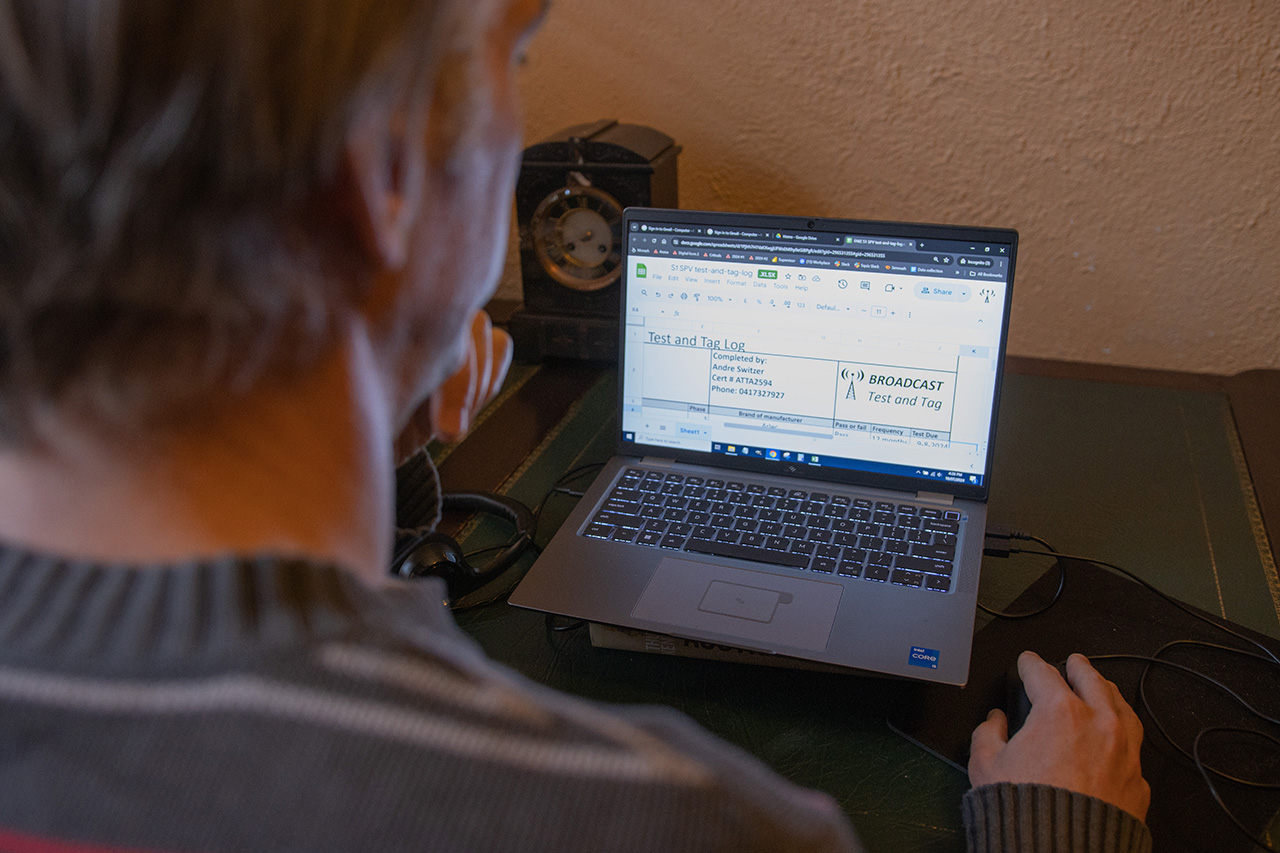 Why Maintain Test and Tag Compliance?
Why Maintain Test and Tag Compliance?
Ensuring your electrical equipment is regularly tested and tagged is crucial for several reasons:
Safety Assurance Regular testing helps identify potential faults or defects in equipment that could lead to electrical hazards such as electric shocks or fires. By staying compliant, you mitigate these risks and create a safer working environment for your staff and clients.
Legal Requirements Many insurance companies and regulatory bodies require businesses to have their electrical equipment tested and tagged regularly to comply with safety standards. Non-compliance can lead to fines and penalties, as well as potential insurance claim rejections in case of accidents.
Industry Standards Adhering to industry-specific standards (e.g., AS/NZS 3760) ensures that your equipment meets the necessary performance and safety criteria across Australia and New Zealand. This is particularly important in industries like film and television production where high-value equipment is used extensively.
Equipment Condition Early warning signs of failing equipment and cables can be identified to help prevent future safety and failure situations.
Peace of Mind Having up-to-date compliance documentation provides peace of mind, knowing that your equipment is safe, reliable, and legally compliant. It also reassures clients and partners of your commitment to safety and quality standards.
By prioritising test and tag compliance, you not only safeguard your business and personnel but also uphold industry standards and ensure operational continuity without interruptions due to equipment failures or safety concerns.





